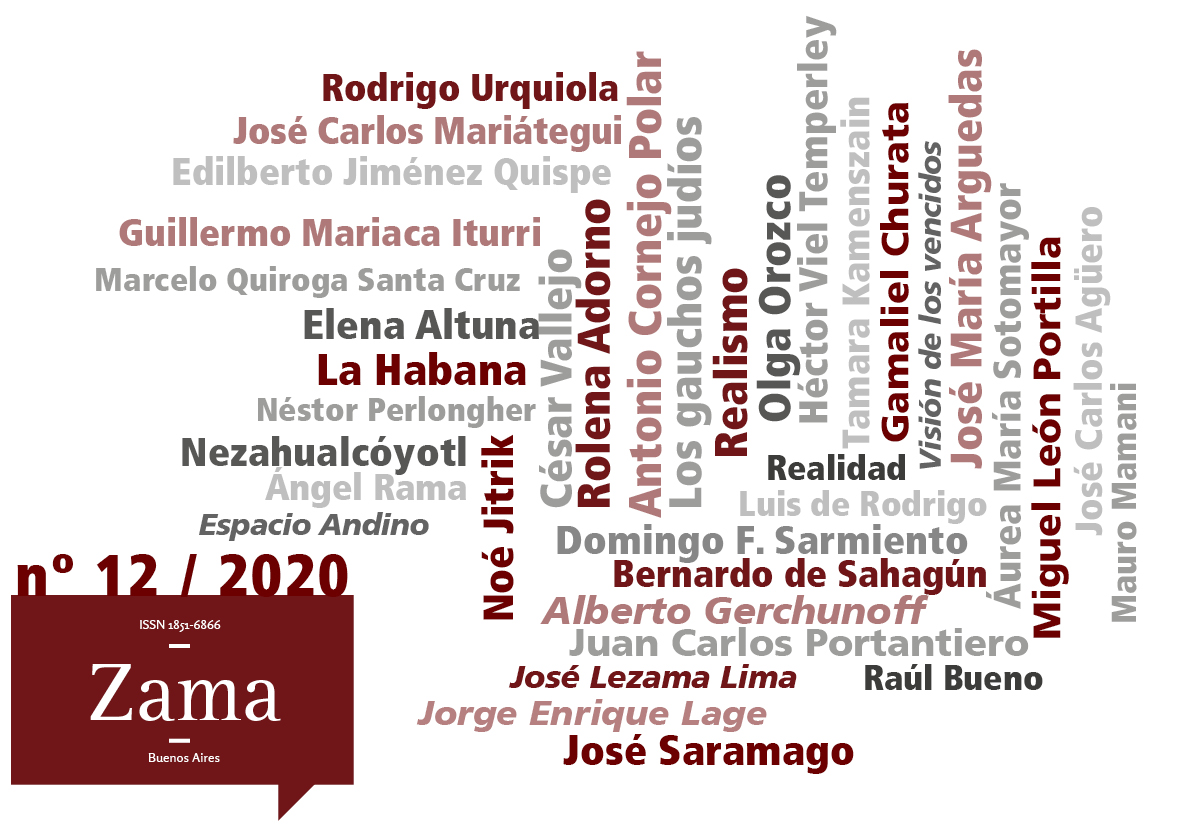Literary tradition and treatment of space in contemporary Bolivian narrative. A reading from the Lluvia de piedra by Rodrigo Urquiola Flores
Keywords:
contemporary Bolivian novel, Rodrigo Urquiola Flores, literary tradition, space
Abstract
This article is proposed as an analysis of Lluvia de piedra (2011) written by the Bolivian author Rodrigo Urquiola Flores (1986) novel in which the city of La Paz appears as a privileged space in tension with Antofagasta. The analysis will be made from two vectors to highlight: first, the relationship that this text supports with the Bolivian literary tradition and, secondly, the relevance that the treatment of space assumes in it. The revision of the Bolivian literary tradition will allow us to observe the extent to which Urquiola Flores’s narrative is stressed with her, the recurrences to which she appeals and the updating of the social imaginary that crosses Bolivian literature. In this same sense, the imprint of space will be analyzed as a notion that is presented productive when analyzing the contemporary Bolivian narrative of La Paz. Likewise, this analysis will allow revising the concept of nation based on the configuration that Urquiola makes of space in his novel. This work will appeal to theoretical frameworks linked to the notion of territory ( Calomarde, Ighina) and criticism works that focus on the analysis of the Bolivian literary tradition (Antezana, Wiethüchter, González Almada).Downloads
Download data is not yet available.
Published
2020-11-30
How to Cite
González Almada, M. (2020). Literary tradition and treatment of space in contemporary Bolivian narrative. A reading from the Lluvia de piedra by Rodrigo Urquiola Flores. Zama, 12(12), 123-134. https://doi.org/10.34096/zama.a12.n12.9620
Issue
Section
Dossier. Espacio Andino












